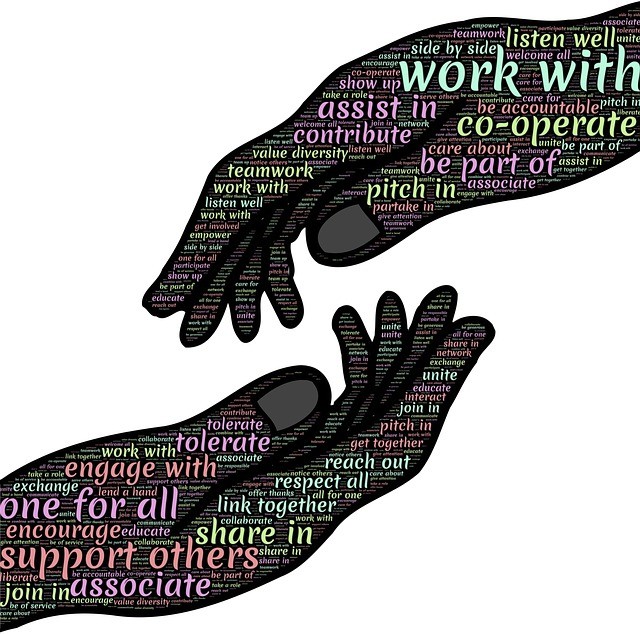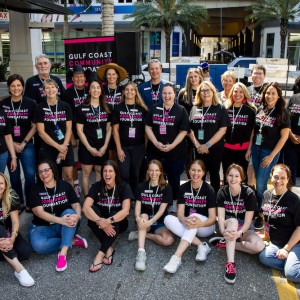Act Now for CARES Act Relief
Guest Correspondence
SRQ DAILY
SATURDAY OCT 17, 2020 |
BY MARK PRITCHETT
I won’t bury the primary message of this column. Here it is head on:
If you, your business or your nonprofit organization has suffered financially from the COVID-19 pandemic, you may be eligible for federal relief money being distributed through Sarasota County.
But if you don’t complete an application soon, you won’t receive any of these funds.
The potential sum available to our county is significant—nearly $76 million.
But if the money isn’t distributed on some very tight timelines, our community won’t get the full amount we’re due.
If you think you may be eligible for assistance, feel free to stop reading here and go straight to scgov.net/CARES to learn more and consider applying.
If you’re still with me, here’s some background and context.
The Coronavirus Aid, Relief, and Economic Security Act is a $2-trillion economic relief package—the largest federal stimulus ever—designed to mitigate the economic impacts of COVID-19. Sarasota County is eligible to potentially receive up to $75.7 million in aid.
Our county government has allocated up to $16 million of this potential funding for assistance to individuals and up to $34 million for small businesses and nonprofits. Households can qualify for up to $5,000 in aid. Business reimbursements for coronavirus-caused losses must be under $50,000. Approved funds are distributed through grants that require no repayment.
You may have heard about—or even experienced—challenges with the initial application process and qualification requirements. As with many multilayered, bureaucratic programs, much was learned upon first implementation. The county has made continued improvements to its Sarasota County CARES program to better meet the needs of those who need this relief.
A collaboration of community organizations has helped guide this responsiveness. My Gulf Coast colleague Jon Thaxton has worked closely with leaders from the Argus Foundation, Greater Sarasota Chamber of Commerce, local arts organizations, and others to raise a unified voice for the community in this process. Christine Robinson of Argus and Paul Caragiulo of the Chamber, in particular, have been courageous advocates for the aid being distributed fairly and quickly, without red tape.
As they have urged from the outset, our community’s COVID-19 relief funds should be prioritized to support the families and individuals who have suffered the greatest impact from the pandemic, the businesses that employ them and the nonprofits that support them.
If you tried applying already but gave up on the process, please consider trying again. The county has created a variety of resources—video guides, text alerts, a dedicated call center—to help you. Residents applying for relief also can get in-person help at several local libraries. Businesses can access remote support from business-assistance partners like Visit Sarasota County and the Manasota Black Chamber of Commerce.
The nearly $76 million available to our community is significant. It’s roughly 25% of Sarasota County’s annual general fund. And about 17 times what the county spends on contracted human services in a year. The potential positive impact for families, businesses and nonprofits that have suffered is immense.
But the county must distribute the first quarter of available funds—$18.9 million—before it can tap more. And all funds must be disbursed by year end at this point. As I write this, the county’s dashboard shows about $10 million approved and $6 million paid so far, though those totals have been climbing daily. Help is available, but time is running out to accept it.
Mark S. Pritchett is president and CEO of Gulf Coast Community Foundation.
« View The Saturday Oct 17, 2020 SRQ Daily Edition
« Back To SRQ Daily Archive












